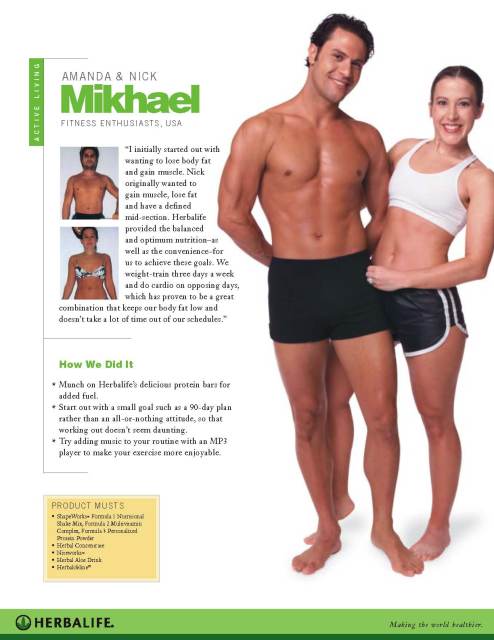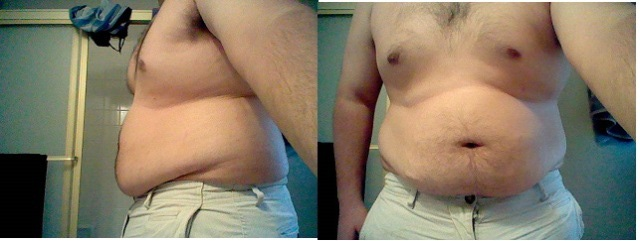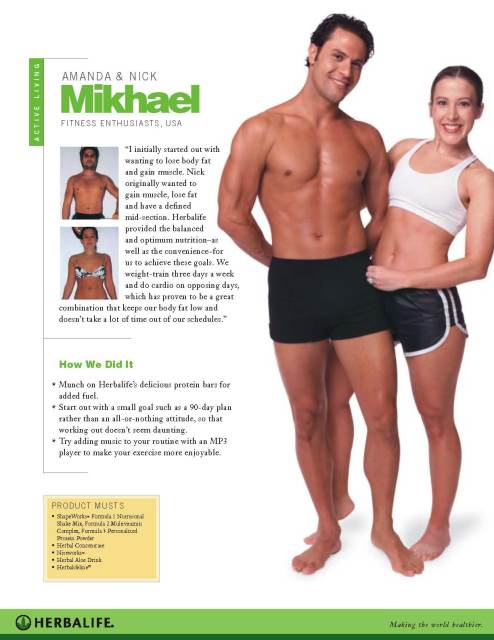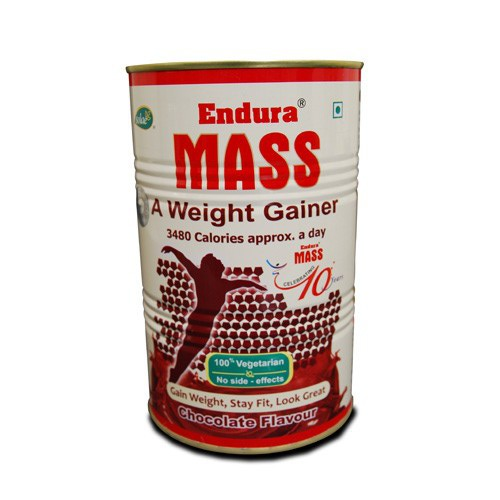Breastfeeding Diet 101: What to Eat While
Here are some general guidelines for a breastfeeding diet:
1. Eat a variety of foods from all food groups, including:
- Fruits
- Vegetables
- Whole grains
- Lean protein
- Low-fat dairy products
- Healthy fats, such as olive oil, avocado, and nuts
2. Drink plenty of fluids, especially water. Breastfeeding can cause you to lose fluids, so it's important to stay hydrated.
3. Limit your intake of caffeine and alcohol. Caffeine and alcohol can pass through your breast milk to your baby. Too much caffeine can make your baby fussy and irritable. Alcohol can interfere with your baby's sleep and development.
4. Avoid foods that may cause gas or colic in your baby. These foods include:
- Beans
- Cabbage
- Onions
- Garlic
- Broccoli
- Cauliflower
5. Talk to your doctor or a registered dietitian if you have any concerns about your breastfeeding diet. They can help you create a diet that meets your and your baby's needs.
Here are some specific foods that are recommended for breastfeeding mothers:
1. Salmon
- Salmon is a good source of protein, omega-3 fatty acids, and vitamin D. Omega-3 fatty acids are essential for your baby's brain development. Vitamin D helps your baby absorb calcium.
2. Oatmeal
- Oatmeal is a good source of fiber, protein, and iron. Fiber helps to keep you feeling full and satisfied. Protein is essential for your baby's growth and development. Iron helps to prevent anemia.
3. Greek yogurt
- Greek yogurt is a good source of protein, calcium, and probiotics. Calcium is essential for your baby's bone development. Probiotics help to keep your digestive system healthy.
4. Dark leafy greens
- Dark leafy greens, such as spinach, kale, and collard greens, are a good source of vitamins A, C, and K. Vitamin A is essential for your baby's vision and immune system. Vitamin C helps to protect your baby from infection. Vitamin K helps your baby's blood to clot properly.
5. Lean meats and poultry
- Lean meats and poultry are good sources of protein, iron, and zinc. Protein is essential for your baby's growth and development. Iron helps to prevent anemia. Zinc helps to support your baby's immune system.
Here are some foods that should be avoided during breastfeeding:
1. Alcohol
- Alcohol can pass through your breast milk to your baby. Too much alcohol can make your baby fussy and irritable. It can also interfere with your baby's sleep and development.
2. Caffeine
- Caffeine can also pass through your breast milk to your baby. Too much caffeine can make your baby fussy and irritable.
3. Fish that are high in mercury
- Fish that are high in mercury, such as tuna, shark, and swordfish, should be avoided during breastfeeding. Mercury can damage your baby's developing nervous system.
4. Raw or undercooked meats, poultry, and eggs
- Raw or undercooked meats, poultry, and eggs can contain harmful bacteria that can cause food poisoning. Food poisoning can be dangerous for both you and your baby.
5. Unpasteurized milk and dairy products
- Unpasteurized milk and dairy products can contain harmful bacteria that can cause food poisoning. Food poisoning can be dangerous for both you and your baby.
-
Cannot loose weight
QuestionQUESTION: Hi Phil, First of all, thanks for answering all
-
Right size smoothie
QuestionHave you ever heard of this product and if so, do you kno
-
Not Eating Enough?!?
QuestionHi there! I am a 19 year old college male. Im 59,
-
triglycrides
QuestionI am 42 yrs old. recent blood test shows slightly high le
-
How many calories does my 3 year old need a day?
QuestionMy 3 year old (37 months) is 39 and weighs 42 pounds. I a
-
Low-fat eating and weight loss
QuestionHi Tanya, Let me tell you a bit about myself to see if y
- Nutrition Dieting
- Nutritional values, macronutrient composition, and their health implications
- metabolism/weight loss
- Can an adult grow taller?
- what to make sure to get enough of?
- weightloss issues
- Trying to find consistent weight loss
- i want to gain weight and increase my body mass mainly
- If you run will you lose weight?...
- Health Benefits of Canola and Olive Oils
- Arginine



